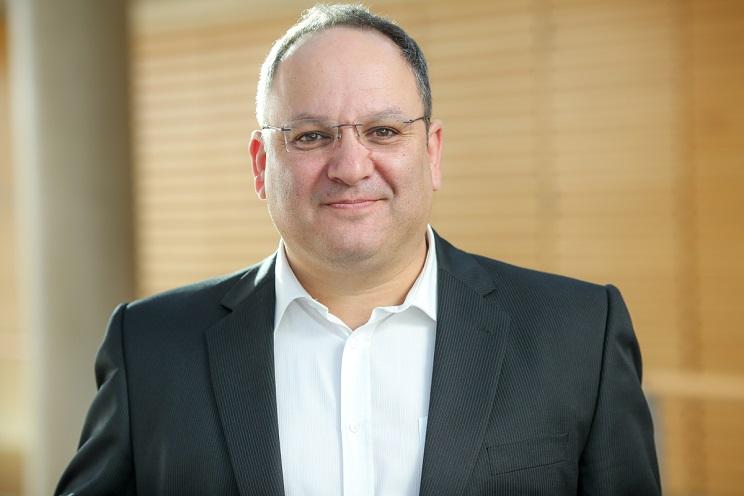Apprenticeship end-point assessment is at a critical juncture – don’t lose sight of the opportunities

Over the last few weeks, concerns have been raised by MPs and sector leaders at the lack of Apprentice Assessment Organisations (AAO) in place to carry out the end-point assessment of apprentices on new standards. It’s true, we’re at a critical juncture – apprentices are starting on standards, frameworks are being switched off, and waves of new apprentices on standards are expected in 2017. But despite the concerns, there are significant opportunities for those who move quickly.
If you’re considering your involvement in delivering end-point assessment, here are some of the steps you will need to take, including details of the new support now available through the Department for Education / Education and Training Foundation Future Apprenticeships programme:
1. A new and open market – making the decision
Delivering end-point assessment is not restricted to a particular type of organisation – whether you’re an apprenticeship provider, university, awarding organisation, employer, professional body or an independent organisation, the market is open to you.
You don’t necessarily have to become an approved AAO either. Although this will be the route for many, for some (perhaps smaller or niche) organisations, this will not be the best approach. Think about the other organisations you could collaborate with, perhaps regionally or in a particular industry. Awarding Organisations, who have been quick off the mark, are already looking to gather a pool of end-point assessors. Perhaps contracting out your assessor staff is a possibility.
2. Registering as an Apprentice Assessment Organisation
For those looking to directly deliver end-point assessment as an AAO, you will need to fully understand the Register of Apprentice Assessment Organisations and prepare for the application. The Register isn’t hugely complicated, and yet more than half of all first applications are failing. Why is that?
Many submit applications without fully understanding the end-point assessment role and how it differs from the ‘on-programme’ training. Before you apply, you need to know what assessment plans you want to initially deliver, what’s involved and how it will work. You will need to convince the Skills Funding Agency that you have the expertise and resources to credibly deliver end-point assessment, as well as relevant industry knowledge.
3. Preparing to deliver different types of end-point assessment
Several organisations who are on the Register are not yet offering end-point assessment and have done little work to prepare for it. That’s because, in many cases, preparing for and delivering the range of assessment methods specified in Assessment Plans isn’t easy and quite different to current practice. Each will need careful thought and design, and investments of time, expertise and money.
Take a simple multiple choice test. You may be required to develop substantial banks of questions – for assessments, and for mock assessments. These could amount to several hundred questions, each of which would need to be tested, reliable and valid. You will need to have a range of answer options for every question that aren’t too obvious, or too obscure; you will need to avoid predictable placement of the correct answer; or making the question too wordy or convoluted. And that’s just one method of assessment.
4. You’re not on your own – support is in place
The new end-point assessment support programme within Future Apprenticeships, delivered by AELP and SDN, has been launched this week to help organisations and assessors plan, prepare and deliver independent end-point assessment.
Organisations of all shapes and sizes are considering their options, but many have unanswered questions and are unaware of what’s involved. The new support programme is starting with 15 workshop packages in November and December to help you understand end-point assessment, the options and models, and support you to decide on your involvement.
In the new year, new workshop packages will be launched to help organisations understand the registration process and how to prepare their organisations and staff to start delivering end-point assessment. The programme will also provide CPD support for assessors. More information can be found here.
Colin Bentwood, Managing Director (and EPA programme manager), Strategic Development Network (SDN)











Responses